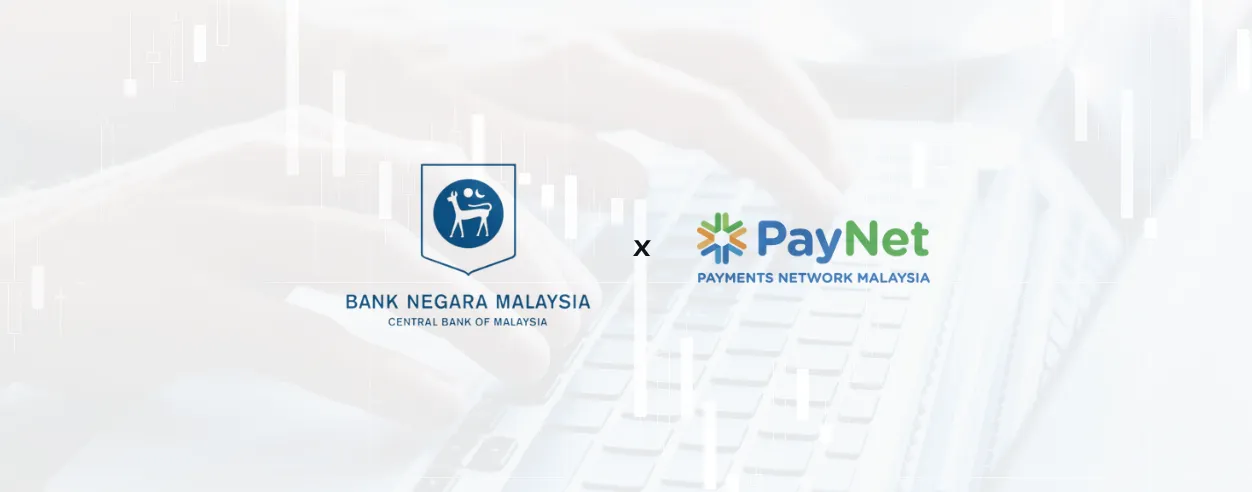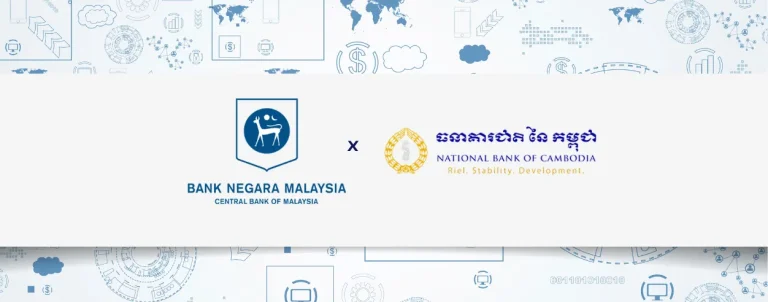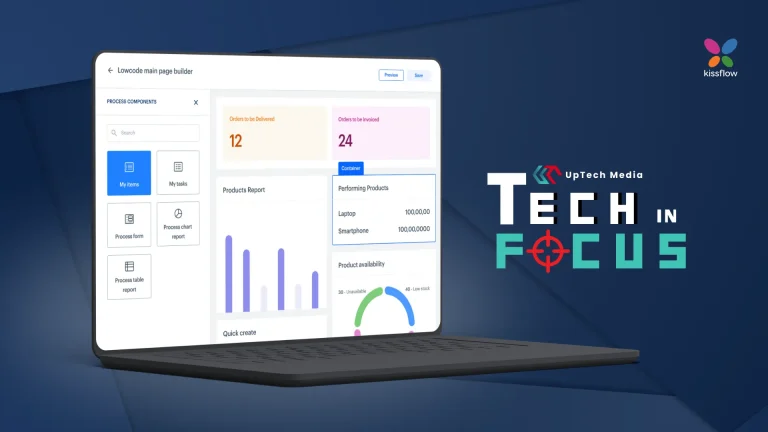Malaysia – Bank Negara Malaysia, Payments Network Malaysia, and various financial institutions have recently launched a national fraud portal aimed at enhancing collaboration among financial entities.
The strategic launch enables the platform to facilitate data-driven evaluations of mule accounts and introduce standardised procedures for managing them.
The portal functions as an integrated platform that automates the end-to-end process of handling scam reports and tracing stolen funds, thereby strengthening the operational capabilities of the National Scam Response Centre (NSRC). This move allows financial organisations to track and recover stolen funds quickly using automated tracing across the financial system.
Furthermore, said platform supports effective industry-wide information sharing and collaboration on fraud incidents, with it being backed by credible data on mule accounts, facilitating better identification, assessment, and monitoring.
In addition to combating financial scams, financial institutions have also integrated industry-wide procedures for reporting and handling mule accounts to guarantee a standardised approach that maintains access to basic financial services for account holders affected by mule activities.
These measures align with the firm’s strategy, establishing a directive to ensure fair treatment for victims of unauthorised online banking transactions.
Speaking about the initiative, Dato’ Seri Abdul Rasheed Ghaffour, governor at Bank Negara Malaysia, remarked, “With the NFP, the NSRC operations are now equipped with an end-to-end automated process from managing fraud reports, validating and tracing stolen funds, to sharing alerts among financial institutions to trigger prompt action.”
Farhan Ahmad, Group CEO at PayNet, further shared, “By leveraging our infrastructure and fostering deeper industry collaboration, we are bolstering the resilience of Malaysia’s digital payment ecosystem and ensuring that every financial institution is equipped with the tools and coordination necessary to safeguard the public from evolving financial threats.”











